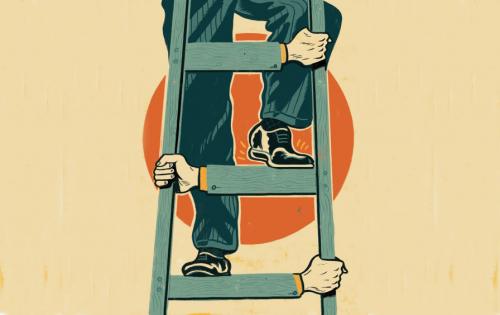
In 1981, the playwright Zdena Tominová, on an extended visit to the West from her home in communist Czechoslovakia, traveled to Dublin to give a lecture. A critic of her country’s political regime, she was the spokesperson for Charter 77, one of the first dissident organizations to turn human rights into an international rallying cry.
Tominová, however, surprised the crowd. She explained that, growing up as a beneficiary of the state’s communist policies, she felt grateful for the ideals of her youth and their politics of material equality. “All of a sudden,” she remembered of the leveling of classes she witnessed as a child, “I was not underprivileged and could do everything.” This was striking, coming from a woman who’d seen the suppression of the Prague Spring reforms in 1968 and who’d had her head pounded into the pavement for her membership in Charter 77.
But even when government officials urged her to flee the country to avoid imprisonment, Tominová remained true to her generation’s socialism. “I think that, if this world has a future, it is as a socialist society,” she told her Irish audience, “which I understand to mean a society where nobody has priorities just because he happens to come from a rich family.” And this socialism was not just a local ideal: “The world of social justice for all people has to come about.” Tominová made it clear that socialism should not be used as an alibi for the deprivation of human rights. But by the same token, for her nation and for the world, the emergence of a human-rights framework should not serve as an excuse to abandon the fight against inequality.
Read the full article at The Nation.